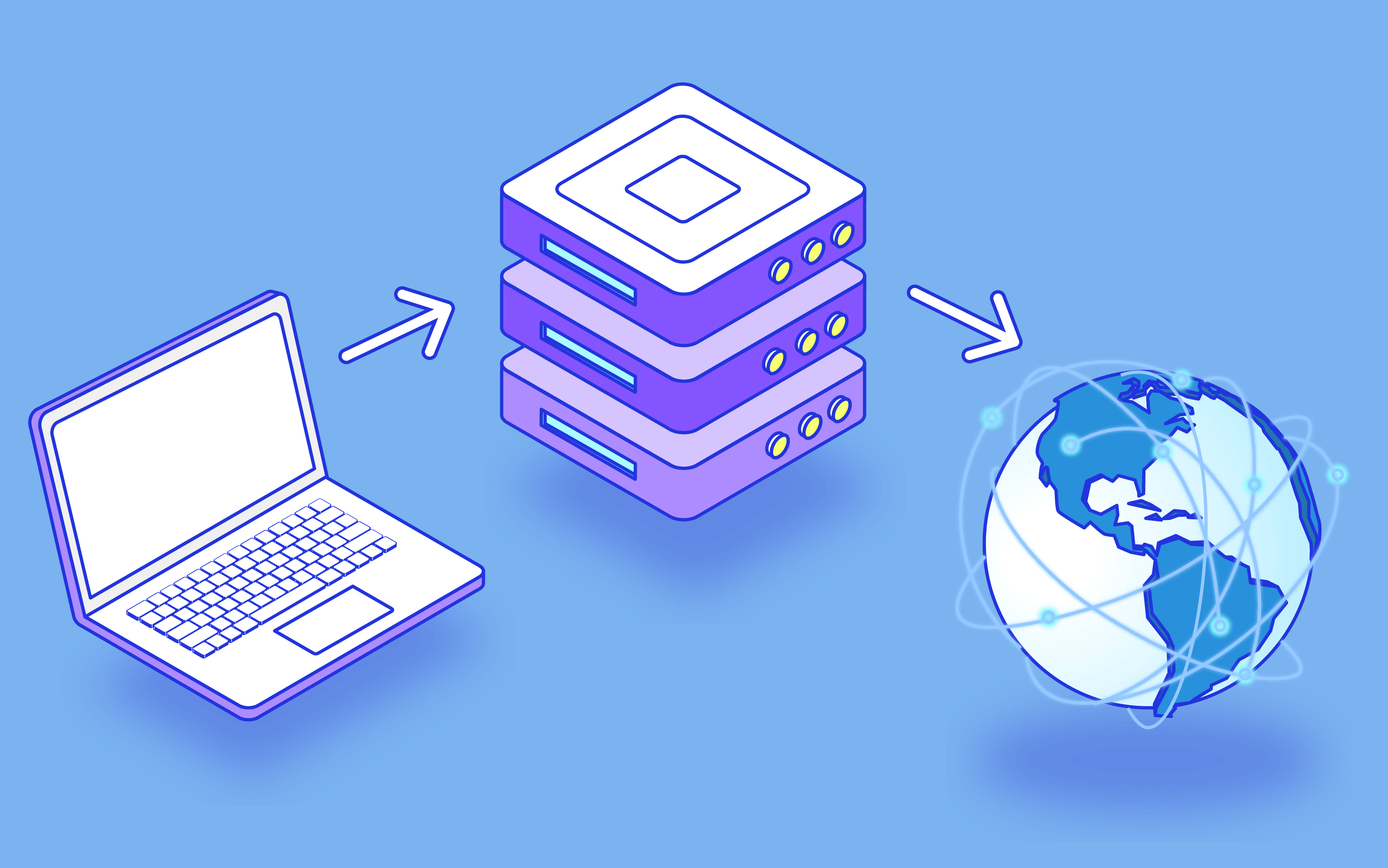In today's online landscape, in which our online presence is continually under scrutiny, proxy servers emerge as a powerful tool for enhancing privacy and security. Numerous internet users are unaware of the concept of a proxy server is and the way it works, yet its capability to mask online activities and protect sensitive information is priceless. Whether you are concerned about your digital footprint or simply looking for better efficient online access, grasping the benefits of proxy servers can lead to more secure and more productive internet experiences.
Proxy servers serve as intermediaries between your device and the internet, offering various advantages such as enhanced security, anonymity, and improved access to geo-restricted content. As you navigate the challenges of the digital world, knowing how to leverage these tools can protect your personal information and help you maximize your online potential, whether for personal use, business purposes, or even gaming. In this article, we'll delve deeper into the advantages of proxy servers and explore how they can enhance your online experience while safeguarding your security.
Grasping Proxy Services as well as Their Functionality
Proxy services act as go-betweens connecting a user and the internet, enabling the transfer of data and offering a degree of concealment. As soon as a user makes a query to reach a website, the proxy server manages that query and relays it to the target server. This indicates that the website sees the proxy's IP address rather the user's, effectively masking their identity. As a result, proxy servers can improve online privacy by obscuring personal information and browsing habits from potential intruders.
Alongside anonymity, proxy servers exist in multiple types, each serving different purposes. An HTTP proxy is designed for web traffic, whereas a SOCKS proxy can deal with any kind of traffic. Transparent proxies do not typically modify the requests or responses, rendering them useful for network monitoring without user awareness. Grasping these variances helps users choose the suitable type of proxy for their unique requirements, be it for casual browsing, professional use, or data collection.

Furthermore, proxy servers can enhance security by filtering out malicious content and securing user data. By sending Omeka through a secure proxy, users can protect themselves from digital dangers such as phishing attacks and malware. Additionally, proxies can encrypt data, more securing online activities. This capability not only helps users maintain privacy but also builds a more secure online environment.
The Advantages of Proxy Services for Cybersecurity
Proxy servers offer a crucial layer of protection for users navigating the web. By omeka.net/ as go-betweens between a person's device and the online, they hide the client's IP address, making it noticeably harder for malicious actors to monitor online activity or attack people for malicious actions. This secrecy helps safeguard personal information from being obtained by hackers and hinders unwanted surveillance from outside sources. With a proxy server, your real IP address stays concealed, thus lowering the likelihood of becoming a victim for malicious activities.
Moreover, the employment of proxy servers can boost overall cybersecurity for companies. Businesses can implement strict guidelines regarding which users can reach certain resources, thereby managing the traffic that flows through their infrastructures. Moreover, proxies can be configured to screen dangerous content and block access to known threatening sites. This capability not only enhances the network's safeguards against potential attacks but also safeguards sensitive company information from being leaked.
A further important advantage of proxy servers is their ability to secure internet traffic. While not all proxies offer this capability, those that do can encrypt data moved between the person and the target server, offering an added layer of protection against data snooping. This is especially important when using public Wi-Fi networks, where data is more exposed to interception. By ensuring that sensitive information, such as login credentials and personal data, remains secured, proxy servers play a vital role in maintaining online protection and anonymity for people in different scenarios.
Deciding on the Right Proxy Server for Your Needs
While choosing a proxy server, it is important to first determine your particular requirements. Consider whether you need a proxy for regular browsing, online streaming, gaming, or professional tasks like data scraping. Distinct categories of proxies, such as HTTP, SOCKS, and Transparent proxies, fulfill various purposes, so comprehending the character of your online activity will help you make an wise decision.
Another crucial consideration is the location and type of proxy you choose. Residentially assigned proxies provide IPs assigned to actual homes, which can be beneficial for accessing geo-restricted content and for tasks that require a elevated level of anonymity. Alternatively, data center proxies often offer more rapid speeds and are more cost-effective, making them ideal for operations that emphasize performance, like streaming or gaming. Consider your cost considerations as well, since residential proxies generally be more expensive than their data center counterparts.
Ultimately, evaluate the security features of the proxy server you are considering. Look for options that offer encryption, protection against IP bans, and a solid track record of upholding user anonymity. This is particularly important if you are handling sensitive data or engaging in endeavors that may attract unwanted attention. By aligning your needs with the suitable proxy type and security features, you can ensure a effortless and secure online experience.
